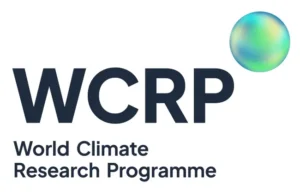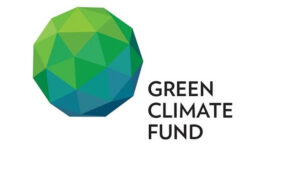Robustness of Climate Change Information for Decisions
Workshop | Brussels, Belgium and online | April 22-24, 2024
Problem Statement
The absence of consensus or general agreement on how to address the non-congruence between climate information sources presents a significant barrier in the use of climate information to inform decisions.





History

Some milestones leading to this point include:
- 2010 IPCC Expert Meeting on Assessing and Combining Multi Model Climate Projections
- 2011 Introducing the concept of “distillation” at the 2011 WCRP Open Science Conference
- 2014 WCRP WGRC Expert Meeting on “The Information Distillation Dilemna”
- IPCC Assessment Reports highlighting the challenges, especially in AR6
- 2023 Discussion at the WCRP JSC and Open Science Conference in Kigali
From a decision maker’s perspective, the problem remains poorly addressed in any systematic and coordinated manner.
Objectives

Expected outcomes include…
- Establish a sustained transdisciplinary dialogue for the purposes of developing a (white) paper that articulates cross-community perspectives, the ethical and epistemic issues, and the research challenges proportional to the participating communities.
- Identify and outline potential new research actions required to move the community forward in managing the non-congruence of data streams and associated uncertainty.
- Establish a writing team to scope and develop an evolving “distillation guidance” on how to best use the diversity of data streams based on current knowledge. This will focus on how to develop and assess the robustness of climate information for decision makers, research funding agencies, and bilateral/multilateral climate finance mechanisms. The guidance will be a living document responding to emergent understanding
Organizing Committee
- Bruce Hewitson, WCRP-RIfS co-chair, University of Cape Town, South Africa
- Kevin Horsburgh, RIfS, Green Climate Fund
- Sara C Pryor, RIfS co-chair, Cornell University, USA
- Silvina Solman, WCRP-RIfS co-chair, University of Buenos Aires, Argentina
- Alessandro Dosio, European Commission Joint Research Centre (JRC), Italy
- Lincoln Muniz, National Institute for Space Research, Brazil
- Dragana Bojovic, Barcelona Supercomputer Center, Spain
- Morten Larsen, Danish Meteorological Institute, Denmark
- Luke J. Harrington, University of Waikato, New Zealand
- Jemimah Maina, International Centre for Humanitarian Affairs, Kenya Red Cross Society
- Wendy Sharples, Australian Bureau of Meteorology, Australia
- Paul Block, University of Wisconsin-Madison, USA
- Louis-Philippe Caron, Ouranos, Canada
- Richard Jones, Met Office Hadley Centre, UK
- Monica Morrison, National Center for Atmospheric Research, USA
- Julia Mindlin, University of Buenos Aires, Argentina
- Jon Padgham, START International, USA

RIfS is a core project of the WCRP, intended to help advance international collaboration and consensus on bridging the gap between climate research and climate information used to make decisions.
RIfS pays special attention to building local capacity to empower researchers to work within their own regional contexts with decision-makers.
RIfS is the umbrella entity in which CORDEX (the Coordinated Regional Climate Downscaling Experiment) is housed, along with the new Global Extremes Platform (GEP, in development).
RIfS was created to help bridge the gap between climate science research and societal applications across the WCRP, and in collaboration with partners inside and outside of climate research.
Contact
Please address questions to the WCRP RIfS International Project Office at admin@wcrp-rifs.org